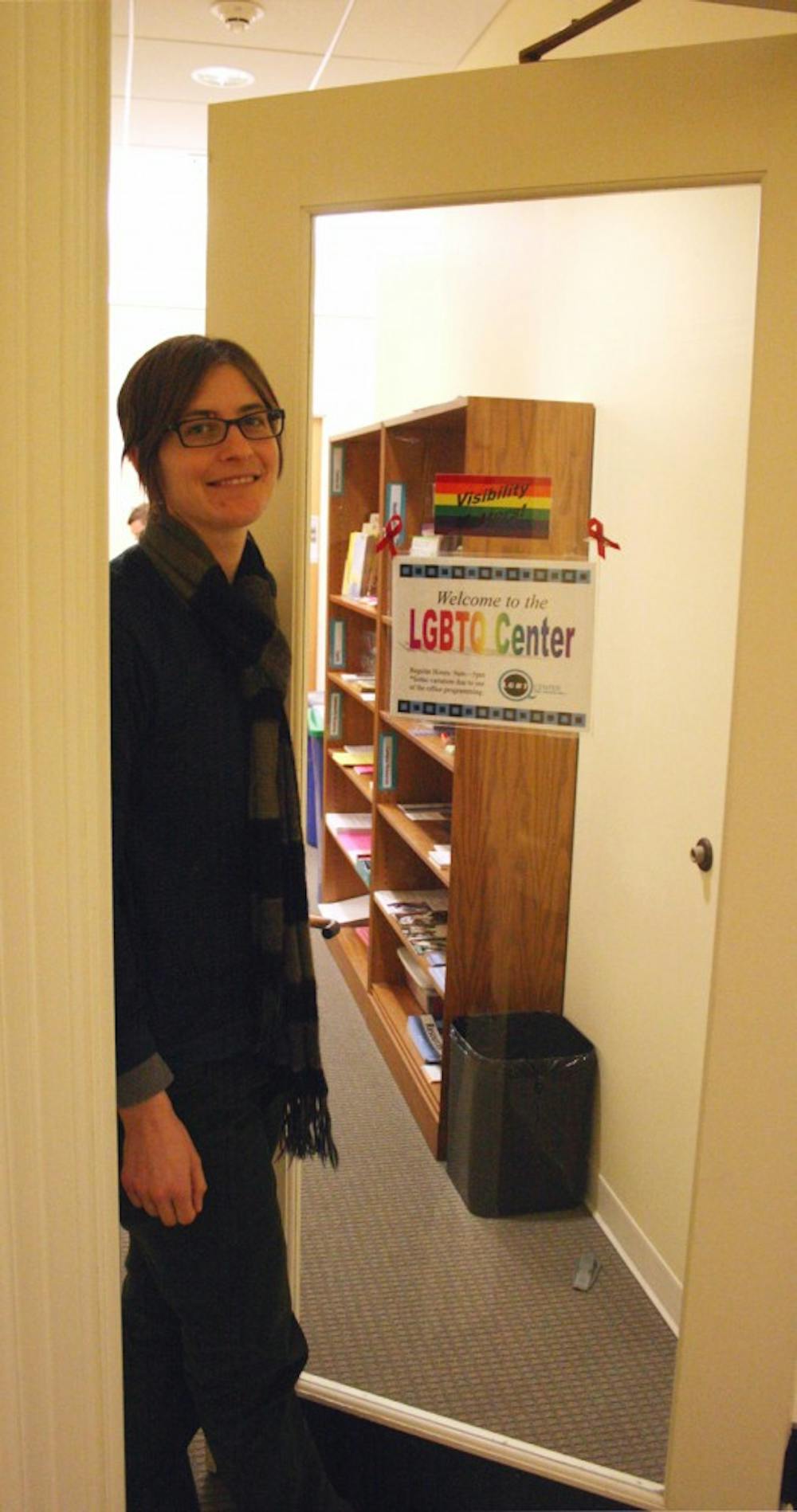Teaching the appropriate use of social media is especially important because it is viral and can be taken easily out of context, Mundell said.
He said he recognizes there might have been an argument between the two parties and that he is unaware of the whole situation. Those involved declined to comment on the incident.
“But don’t they read the news?” Mundell said.
In light of recent episodes of cyberbullying, the “Tyler Clementi Higher Education Anti-Harrassment Act of 2010” was introduced to the U.S. Senate and House of Representatives by U.S. Sen. Frank R. Lautenberg, D-N.J., and U.S. Rep. Rush Holt, D-N.J., on Nov. 18.
The bill is the first of its kind and requires institutions of higher education to establish anti-harassment policies.
It was introduced days before both houses of the New Jersey state legislature passed an Anti-Bullying Bill of Rights to address cyberbullying in the K-12 system.
This bill is not new — it has been in the works since the beginning of the year, said N.J. Rep. Valerie Huttle, D-Bergen.
“Bullying has been around through the ages on the school ground, but you go home and you feel safe,” Huttle said.
“Cyberbullying is in a world beyond school grounds,” she said.
Unlike with traditional bullying, there are no safe zones, Huttle said.
When a child gets home from school, he is free of traditional bullying. But there are no safe zones because he can still open his Facebook or Twitter, she said.
And it doesn’t stop at personal attacks — observers might be equally affected.
To get the day's news and headlines in your inbox each morning, sign up for our email newsletters.
Mundell said he was troubled by the references to sex and threats of violence Tweeted by the UNC alumni.
“I was having issues reading those,” Mundell said. “His tweets are not private and they’re there for the whole world to see.”
It reminded him how difficult it had been to come out as gay.
“When I was in high school, when I came out of the closet my sophomore year, I was bullied a lot both physically and via technology,” he said.
But this was before Facebook and Twitter were widely used. These social media websites add another dimension, Mundell said.
He said the Tweets might just be poorly-thought-out comments and not necessarily targeted anti-gay slurs.
Although efforts are being made at the state and national level, they are not aimed at eliminating bullying completely.
“No one believes you’re going to stop bullying — you can’t outlaw hate and teasing,” said Michael Lieberman, the Washington counsel for the Anti-Defamation League, one of the several groups supporting the Tyler Clementi bill.
“What you can say is that there are standards and there is accountability once you go outside these standards.”
Conversation cannot and should not be banned, DePuy said.
But it’s hard to draw the line between free speech and hate speech, Lieberman said.
The First Amendment is supported by the idea that any hate speech will encourage conversation and enough positive speech will arise to combat it, he said.
“If you’d like to burn a cross in your own field, that’s protected speech,” he said. “If you want to burn a cross on the lawn of the black family that just moved into the neighborhood, it’s a crime.”
Contact the State & National Editor at stntdesk@unc.edu.




